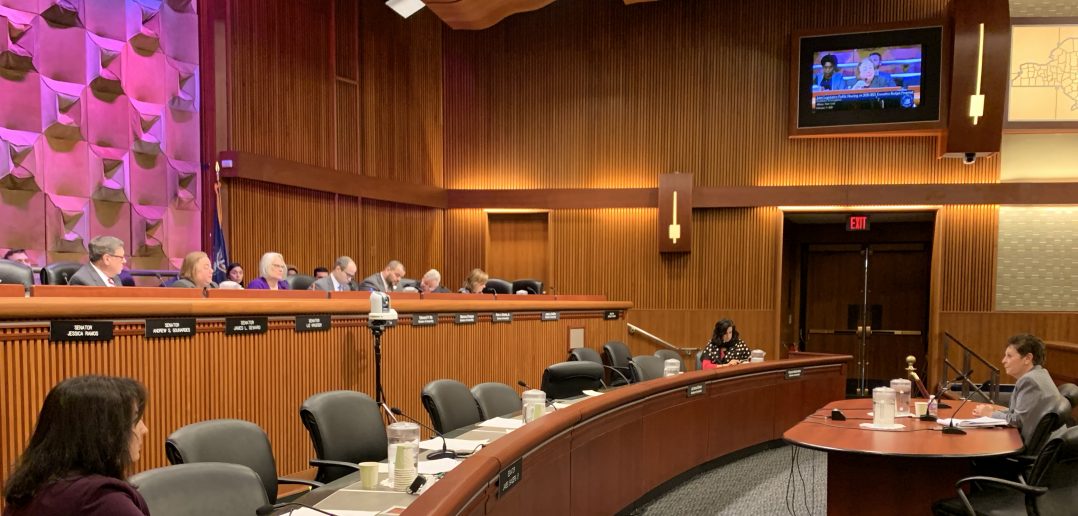CSEA is expressing strong concerns over a state budget proposal that would shift Medicaid costs to local governments.
In testimony recently presented on behalf of our union to the State Senate Finance Committee and State Assembly Ways and Means Committee, CSEA Legislative and Political Action Director Fran Turner outlined the devastating impacts that such a cost shift would have on local governments and the services they provide.
While the state has taken positive steps in limiting the increased costs of Medicaid for counties, proposals in the 2020-21 Executive state budget may threaten counties’ financial stability.
The proposed state budget proposes to shift Medicaid costs from the state to the counties in two ways:
1. Counties that override the property tax cap will have to pay for the total growth of county Medicaid costs, which the state currently pays.
2. Counties whose growth in local Medicaid costs exceeds 3 percent will have to pay for any costs above that 3 percent.
While most local governments have stayed within the state’s property tax cap, it also squeezes their ability to fund services and oversee state programs, including Medicaid.
Counties are not responsible for setting eligibility guidelines or the level of services, but serve primarily as an agent to enroll eligible residents and have little control over Medicaid growth.
This proposal is nothing more than a cost-shift from the state to counties. While the exact financial impact on the counties is still unknown, counties would see major cost increases while also having less ability to raise the revenues needed to meet those costs.
Counties would be forced to either raise taxes or cut services, including child protective services, programs for seniors and expectant parents and local roads and bridges. This becomes an even more difficult choice when local government aid has been held flat for the past decade.
CSEA represents county workers in 50 counties outside of New York City that could be impacted by the cost shift. These members have been active in voicing their concerns with state legislators during ongoing in-district lobbying appointments. As the state seeks ways to address its budget shortfall, the continued viability of our local governments and the services they provide must be maintained.
For more about the state budget, visit cseany.org.




